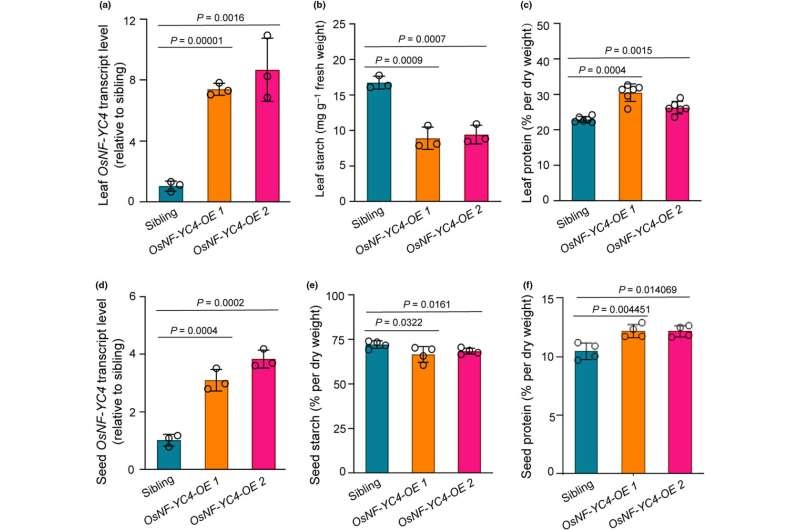Discover how a biologist’s groundbreaking research is paving the way to combat global protein deficiency and promote sustainable agriculture through the genetic engineering of staple crops.

Tackling Protein Deficiency
Shortage of Protein is a global concern affecting millions around the world, especially children which results in impairment in cognitive development as well as stymieing physical growth making some prone to diseases like Kwashiorkor.
For more than a decade, Mississippi State University biologist Ling Li has been devoted to confronting that challenge. In her talk, she spoke about novel findings from her group to control the genetic expression in plants like rice and soya to modify protein expression while reducing carbohydrates.
Through the use of gene editing, he has removed repressor elements from noncoding DNA sequences in these grains to enable more efficient protein production. It tries to benefit both in terms of a healthier nutritional profile and more sustainable means of agriculture by reducing the demand for proteins from animal sources.
Empowering Sustainable Agriculture
Given the growing apprehension about the climate crisis and going plant-based, raising the proportion of protein derived from plants is a necessity to enhance human health as well as sustainability. These new research findings of Li are promising blueprints to enrich crop productivity and nutritional quality via precision genome editing.
Li’s gene-edited high protein crops are immediately nonregulatory soybean and rice, USDA/APHIS decided. The label means these crops are likely to be able to quickly be slipped into established agricultural systems making them easy for farmers in many countries and promising transformative power.
Championing the switch away from animal-derived proteins makes Li’s research part of global efforts to create healthier, more sustainable farming techniques. This change is good for the environment, and could also enhance food security and accessibility, especially in areas with a particularly high prevalence of protein deficiency.
Conclusion
Ling Li’s groundbreaking research provides a game-changing answer to global protein deficiency and contributes to sustainability agriculture. Li’s research offers the possibility to address real human health problems and promote environmental sustainability all over the world by using gene editing to improve rice, soybean and other essential crops with higher protein contents. The implications of this groundbreaking research could provide plant-based proteins that are not only nutritious for anyone anywhere but also plentiful, opening the golden door to discourse in a bright future of opportunity and prosperity.
